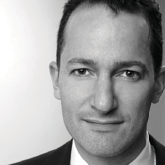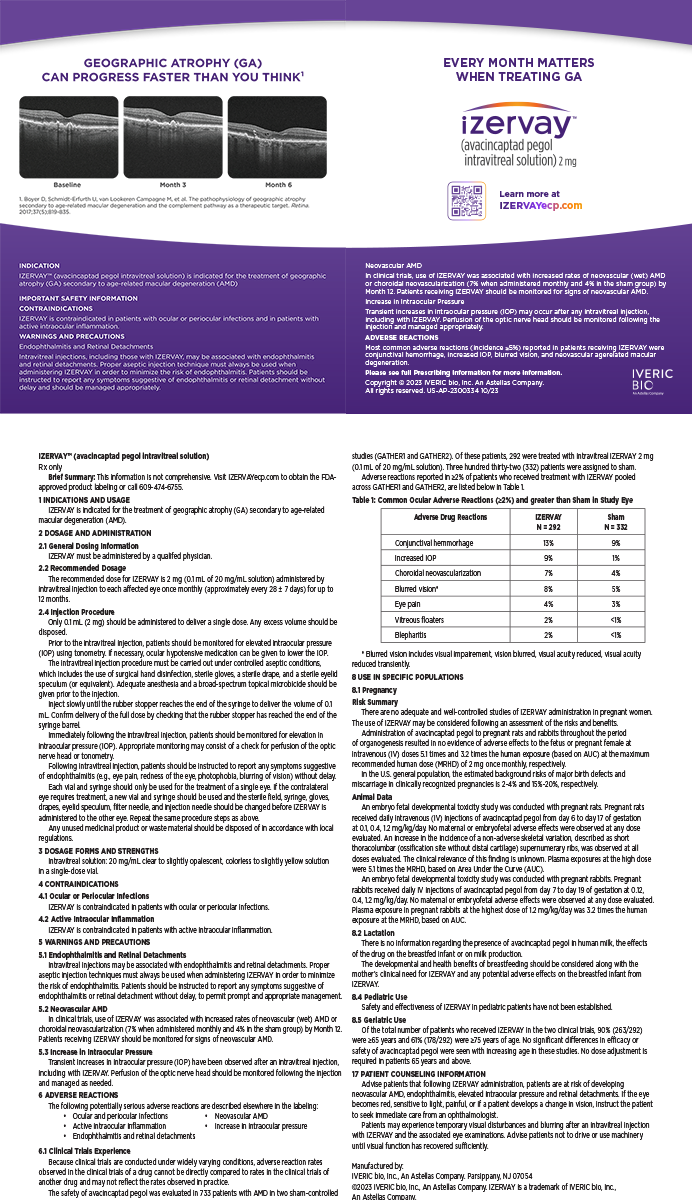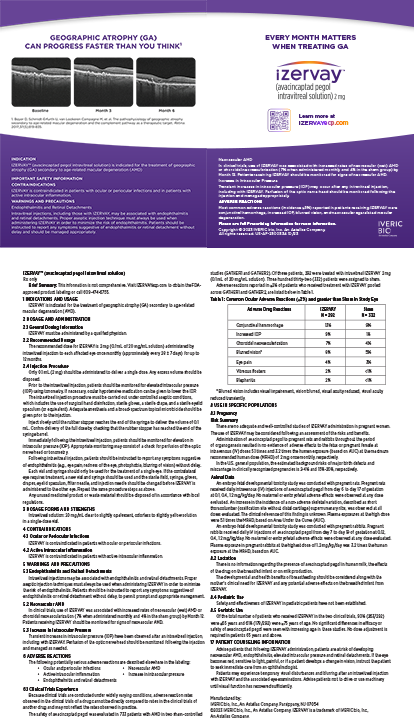When a cataract surgery case goes from routine to challenging, what are your top tips for maintaining composure and completing the procedure?

Ashvin Agarwal, MS
Executive Director and Chief of Clinical Services, Dr. Agarwal’s Eye Hospital, Chennai, India
"When something untoward happens in any case, the true challenge is not to complete the case but to do the right thing for the patient. To do this, internal communication plays a large role for me. First, people are watching what I do, not whether I finish the case or whether I finish the case in time. Second, I need to make small correct decisions rather than look toward the end result. To stay calm, I stop operating for a few seconds and look away so that I can focus on what I would do if this were a relative or a person I knew. This steers my decision toward what the right thing to do is and ensures that everything that I am doing is in the best interest of the patient.”

Sergio Canabrava, MD
Centro Oftalmológico de Minas Gerais, Belo Horizonte, Brazil
"I have a ritual when a routine case becomes a challenging one. First of all, take a deep breath and relax. This is the first rule for me, and it’s the starting point to solve any problem in cataract surgery. Once you do that, you’re able to think through and manage the problems.
My second rule is to take it slow. Make slow movements, and don’t rush. When you try to move quickly, you’re not accurate and sharp enough, so the chances for mistakes increase. Control your breathing so you can control your adrenaline rush and thus keep your movements accurate.
And my last tip is never to touch the operating table. Ask your assistant for the instruments. In my opinion, the surgeon must concentrate on the surgery. When you don’t take your eyes away from the surgery, you can think more clearly in order to get your ideas straight on how to manage the issue.”

Uday Devgan, MD
Private practice, Devgan Eye Surgery, Los Angeles
"First, you must accept that you had a complication and avoid denial. Be an advocate for your patient. Yes, there was a complication, whether it’s because of an iatrogenic issue or it’s because the patient had unhealthy tissue, prior trauma, etc. Whatever the issue is, there was a complication, and now you have to be your patient’s advocate and help the patient. If necessary, refer the patient to a colleague. There is no harm in asking for help. In fact, it’s the right thing to do. Your patients will appreciate it when you lead the team to get the best results for them. Never abandon a patient.
You have to refocus and compartmentalize. After that case with the complication, you need to take a breath, give yourself a minute or 2, and compose yourself. It’s important to give 100% of your energy, your focus, to the next patient—you have to have your mind back in the game. You can’t dwell on what’s already happened. As the saying goes, “Don’t cry over spilled milk.” It won’t help. What will help is doing what’s best for the patient. Observe the patient very closely in the postoperative period. Use your colleagues in the community to help you and lend their expertise to get through these difficult cases.”

Tal Raviv, MD
Founder and Medical Director, Eye Center of New York, New York
"Anticipation, preparation, and patience are important for when the unexpected occurs during cataract surgery. Surgeons should always have a Plan B for the unexpected, whether it’s a different IOL, additional instruments available at the surgicenter, or knowledge and skill for recovery maneuvers (eg, best practices for an anterior capsular tear, unexpected zonulysis, or pupillary contraction). Finally, in certain scenarios, such as a dropped nuclear fragment or lack of capsular support, a plan to neatly—albeit incompletely—finish the case and refer the patient for an additional definitive procedure may sometimes be the best solution for the patient.”

Michael Lawless, MBBS, FRANZCO, FRACS
Ophthalmic surgeon, Vision Eye Institute, Chatswood, New South Wales, Australia
"Mike Tyson, the world heavyweight champion, once said, ‘Everyone has a plan when they fight me … until I punch them in the head!’ A complication in what should be a routine cataract surgery is a little like receiving a punch from Mike Tyson. Your breathing becomes erratic, your shoulders hunch, your blood pressure goes up, and your plan can be hard to remember.
Most complications arise because of a preexisting issue, such as pseudoexfoliation syndrome, a shallow anterior chamber, subtle phacodonesis, or a propensity for a floppy iris. It is to be hoped that you recognized these things, planned your technique accordingly, and have the correct equipment in the OR—including alternative IOLs as the situation dictates.
When things start to go wrong, this is what I do:
1. Recognize the problem early so that it doesn’t spiral into a bigger problem.
2. Control my breathing. Anyone who does martial arts, yoga, or meditation will get what I mean. Controlled breathing is the key.
3. Relax my shoulders.
4. Think. Work out a plan.
Add more intracameral local anesthetic. If the anesthesiologist is present, ask them to add a little more sedation.
5. Speak quietly and clearly to the OR staff so that they understand what needs to be done and so that the patient is not alarmed.
6. Remind yourself that this is what you’ve been trained for and that the patient just wants you to do your best.
7. Go home that night, review the day, learn what you can from it, and then put it aside.”

Maria S. Romero, MD
Physician CEO, Precision Eye Care, Baltimore, Maryland
"The most important skill that I have learned over the years when encountering complications during surgeries is the importance of staying calm. When something happens, take a deep breath. If I have instruments inside the eye, I maintain their position in the field to avoid any brisk maneuvering. While I check the positioning of the instruments, I also try to evaluate what could be the source of the complication. Is this an anatomic problem like an anterior capsule tear or a posterior capsular rupture, or is it that one of the instruments that I am using is not working properly? Then I mentally review the further complications that could occur in this particular circumstance.
At that point, I formulate a solution and communicate to the staff in the OR about the supplies needed, and I adjust the phaco or microscope settings if needed. I find it critical that the patient stays comfortable, so I consult with anesthesia about the possible need for further sedation or pain relief. After the OR staff retrieves the supplies needed, I inform the preoperative nurses that there will be a delay in the schedule so I don’t feel rushed and I can dedicate the time required to complete all of the extra steps required of the surgery. At the end of the case, I discuss with the patient and his or her companion what happened and make the proper adjustments to the postoperative medications.
I focus on staying calm and don’t let the situation bring me down so I can continue my next surgeries with confidence and focus.
Afterward, at home, I review the video of the case. I record all of my cases, and I find this to be one of the most valuable resources to improve my surgical skills, judgment, and outcomes.”




